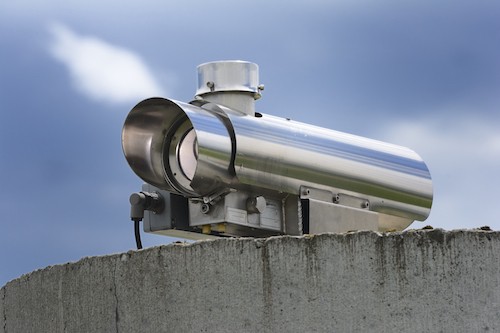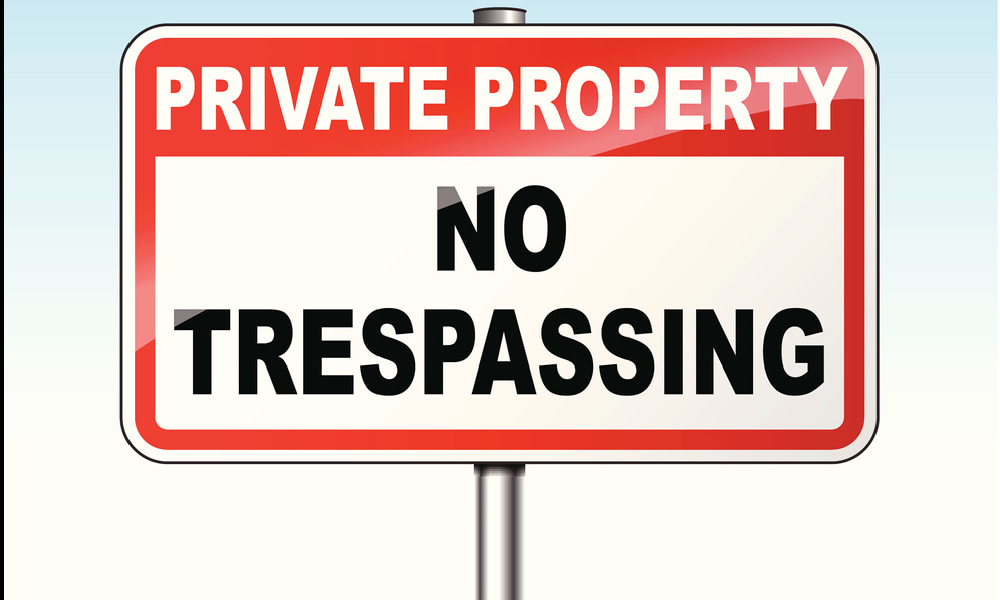Medical offices are not immune to crime — or to access by unauthorized people. A surveillance system that incorporates video can help protect your medical practice and the employees who work there from theft, violence and patient record violations.
At the same time, you need to be careful to ensure that your patients’ privacy is not compromised. Doctors and medical office managers are all too familiar with the strict regulations that HIPAA (the Health Insurance Portability and Accountability Act) requires to protect patients and ensure that medical professionals uphold those patients’ rights.
The solution is to work with a professional security team that understands the unique challenges that surveillance systems pose in a medical setting. With the right system, you can ensure that your employees, equipment and supplies, prescriptions and patient records are all secured in a manner that doesn’t violate patient privacy regulations or put cameras in areas where individuals have a reasonable expectation of privacy, such as in exam rooms.
Why Should Medical Facilities Have Surveillance?
Like any office setting where the public can enter, sometimes interactions between staff and patients can cross a line. Health care workers are especially susceptible to verbal abuse and, sometimes, even physical abuse that compromises their safety. Video surveillance can help prevent incidents of abuse and can record actions that can lead to criminal charges against abusive patients.
Not only can video surveillance protect employees, but it can also protect against criminal activity by trusted staff. Whether that means stealing supplies, drugs or money, or illegally accessing patient data, criminal actions by those who work in medical offices can be more easily caught before they escalate.
As well, the equipment and supplies in a medical office are attractive to thieves. Some offices may have prescription medications, which must be carefully secured. Security cameras can deter theft and, if necessary, record thefts and aid in capturing and prosecuting criminals.
Video surveillance in medical offices can protect against crime and abuses in the workplace, aiding doctors, managers, and other employees.

How Can Doctors Ensure Patient Privacy?
There are several steps that doctors and medical office managers can take to make sure that video surveillance is installed where reasonable and without causing patients discomfort.
Don’t hide your surveillance
Through the use of obviously placed cameras and signage about surveillance, you will let your patients know that video security is in place. Some doctors have also asked patients to sign a consent form explaining the use of security on the premises.
Obvious video surveillance has an added benefit: It works to decrease crime. Just the presence of cameras can cut property crimes, according to a recent article in Wired Magazine. The Center for Problem-Oriented Policing at Arizona State University has also found that obvious cameras help to prevent crime and recommends against smaller or less obtrusive video surveillance in all settings, not just offices.
Focus cameras on the problem areas
Your video surveillance should be set on important medical equipment or areas where prescriptions are dispersed, rather than directly on areas where patients would be sitting or standing. Waiting rooms, for example, might have a security camera that takes in the entire area and not just one area where patients sit. Cameras could be in hallways but not in exam rooms, for example.
Your employees should be knowledgeable about what areas are covered by video surveillance, both to help cut down on any criminal activity by personnel and to allow them to share with patients about which areas are protected. This makes it especially important to carefully cover areas with equipment and supplies to prevent theft without surveilling areas with more patient activity.
Decide carefully about including audio surveillance
Some states have specific laws that prevent capturing audio data without explicit patient consent. In Maryland, both parties in a conversation must give consent before any audio is recorded. However, in both Washington, D.C., and Virginia, only one party needs to give consent. Depending on your location, you may have to consider what you can legally do when recording audio information. Your security professional and legal team can advise you on the best steps to take with regards to including audio recording with your video cameras.
Have a plan for surveillance data
To avoid violating HIPAA regulations, your data must be kept in a secure location, whether that’s with a company that can protect this important information or on your premises. If you work with an external company, make sure they have experience and know-how in protecting patient data that may be collected on your video security system. If you have patients sign consent forms, let them know on that document about how long you store video data that could include recordings of patients.
How Can You Find the Best Medical Office Surveillance System?
The right surveillance system can be customized for the unique needs of your medical facility. Cameras should be added that can capture areas of concern without violating patient privacy, and recording devices should be easy to access by authorized personnel in case of an incident. This can decrease liability and possibly even lower your insurance rates that include protecting your physical premises.
What’s more, the right system fits your budget and allows for expansion as needed. Ideally, you could add cameras as needed or increase options like recording capacity if you find that would better meet your facility’s needs. Add another office or location? The right system can be integrated with another location to provide security for both spaces. Install new equipment? You can add another camera that surveys that asset. Well-designed video surveillance systems can also integrate with other security, like access control, without creating any ethical gray areas related to patient privacy.
While video surveillance should take federal regulations into account and any data should be carefully controlled, the right system can increase safety, decrease criminal acts and keep your patient information protected. If you have questions about the right setup for your facility and budget, talk to a security professional at Mobile Video Guard today.




